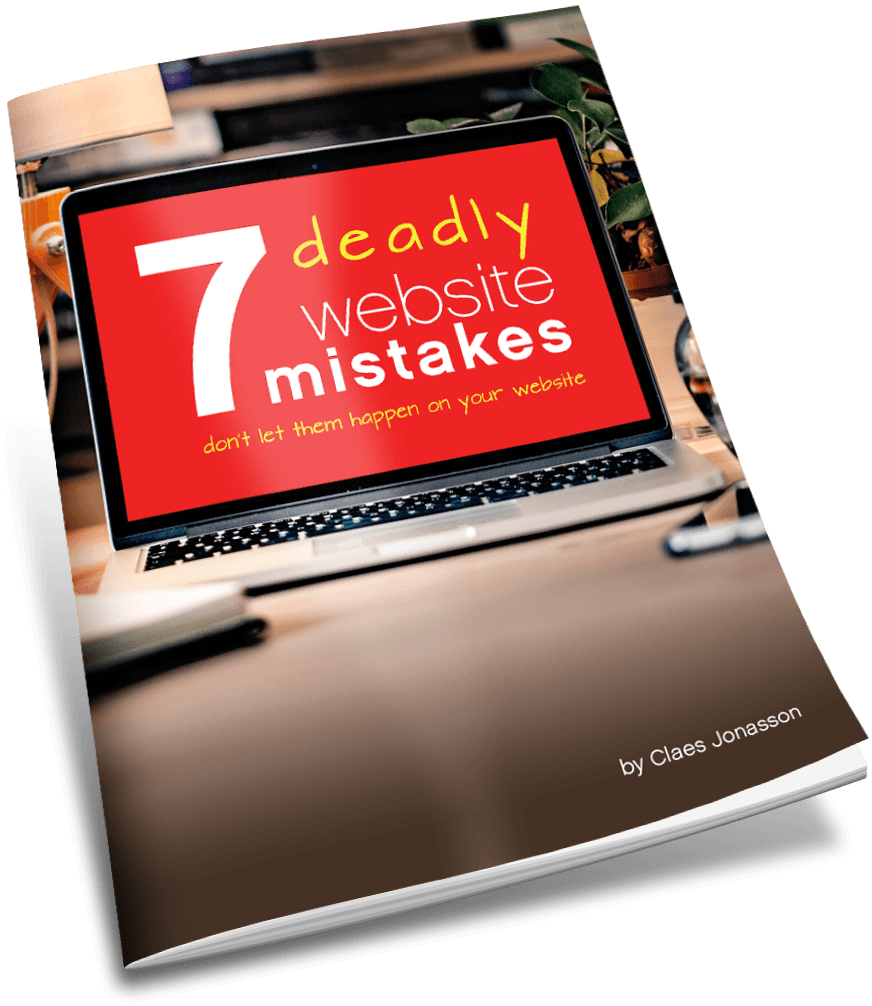4 keys to making the most of your time
168.
7×24.
The hours in a week. We all have the same number of them. No more. No less.
So we’re all on level ground, right? Or maybe not. Some people are always short on time and not getting things done. (And I’m not talking about impossibly overstuffed schedules here.) Others get things done. Even have time to sleep.
Let’s look at a few things that can help us make the most of the time we have for work, so when we’re off we can really be off.
Here are 4 keys that can really affect what happens with our time:
Planning
Not much important happens without planning. When there’s no planning, time flitters away like a bird. Planning is both a discipline and an art. We discipline ourselves to sit down and plan out our day, week, or month. We plan for a launch, product development, a meeting, or whatever. We must discipline ourselves to apply planning principles that we learn through training and experience. And we figure out processes and get tools to help.
There’s also an art to planning. For instance, you may plan to write a blog or create a podcast. How long will it take? We know from experience that it takes x amount of time to write a blog post. But each post is different. On one post the thoughts fly from brain through fingers onto computer screen. Another time we labor over every word, taking much longer than we’d hoped.
This is where time management as an art form comes in. Perhaps we allotted only two hours to write that blog, but it took four. Now what? The rest of our day was planned out and now everything is piled up, or falling off our calendar.
We have to anticipate these things and build in extra time. We can also get creative with the remaining tasks and regain “lost” time by reorganizing the tasks that we have yet to perform.
Persistence
When it comes to optimizing time, persistence is another needed friend. Persistence overcomes laziness, procrastination, and setbacks. We may have a plan, but if we’re not persistent in carrying it out, even the best-laid plan will fail.
We can apply persistence in a variety of ways. Returning to that blog post. Let’s say that you set aside two hours in the morning for writing it. You planned and you’re doing your best to stick to your plan, but the words simply aren’t coming. You glance at the clock and an hour has flown by and you’re nowhere on your post. What to do? You can apply persistence by staying with it and trying a new approach to stimulate your thought, but knowing that you’re going to exceed the two-hour allotment.
But you can also set the blog aside for the time being and push on to the next task on your agenda. You know from experience that sometimes during the course of a day, suddenly you’ll experience an epiphany and the blog content will rush into your thoughts. In this way, you’re persistent with your tasks and time allotments, but flexible and creative with when and how you complete them. Persistence is still required, but it shouldn’t always be rigid and inflexible.
Patience
This may seem unusual in terms of optimizing your time. Yet, persistence and patience go hand-in-hand. Persistence without patience can frustrate us and work against us both in time and relationships. Without patience, pure persistence can make us seem like an uncaring jerk. Without patience, persistence alone blinds us to our own shortcomings and the inevitability of setbacks in any project.
Exercising patience gives us a more realistic view of the tasks before us and the uncertainties of life. Believe it or not, you (or I) can’t control everything!
Some old sage quipped, “A carelessly planned project takes three times longer to complete than expected; a carefully planned project will only take twice as long.” Patience also gives us insight into new possibilities that we would otherwise have written off as roadblocks and setbacks.
People
Other people actually offer us a way to multiply out time. The only one I know of. Because we don’t have to do everything ourselves. By delegating tasks that others can perform — often better than we can — we optimize our time. When we engage the help of others, we greatly increase our capacity. We stretch time.
Also, when we coordinate the assistance of others, the whole is usually greater than the sum of its parts. This means that we’ll be able to accomplish more as a team than its individual members might have accomplished on their own.
For many small business owners or solopreneurs, the immediate objection is, “I can’t afford to hire someone else.” Maybe that should really be: You can’t afford not to. How valuable is your time? What is your hourly rate? If you’re with a client you make $$. How many clients could you see instead of filing papers, answering the phone or running to get supplies? Probably enough to more than pay for the assistant.
The work gets done and you get to focus on what you’re really good at!
That’s 4 keys to making the most of our time. Because while there are 168 hours in a week, you don’t want to spend all of them running your business.
Never miss out!
Get an email update every time I publish new content. Be the first to know!

